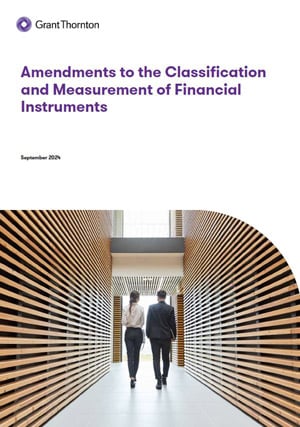
The amendments also include consequential changes to MFRS 19 (equivalent to IFRS 19) ‘Subsidiaries without Public Accountability: Disclosures’ to reflect the amendments made to MFRS 7.
The IASB’s PIR of the classification and measurement requirements in MFRS 9 and the related requirements in MFRS 7 concluded that overall, the requirements set out in these two standards can be applied consistently and they also provide useful information to users of the financial statements. However, the PIR process did reveal some areas that could be improved and they included:
- accounting for the settlement of a financial asset or liability using an electronic payment system, and
- applying the requirements for assessing contractual cash flow characteristics to financial assets with features related to environmental, social, and governance (ESG) matters.
To address these matters and to improve clarity and understanding, some amendments to the classification and measurement of financial instruments are issued to promote consistency.
How we can help
We hope you find the information in this article helpful in giving you some insight into 'Amendments to the Classification and Measurement of Financial Instruments'. If you would like to discuss any of the points raised, please do not hesitate to contact us.

